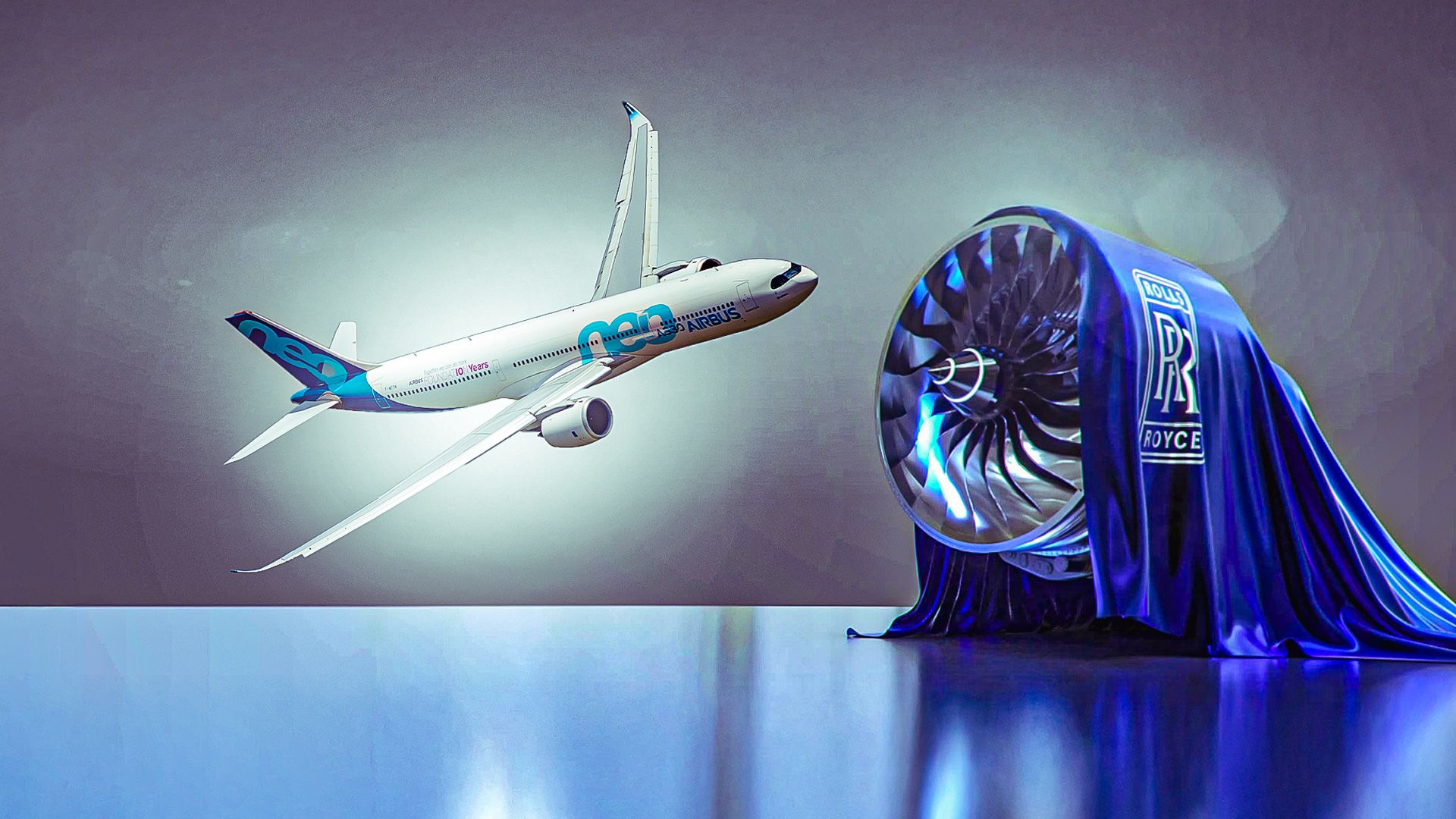UPDATE: Airbus has just announced a significant upgrade to its A330neo airliner, now powered exclusively by the new Rolls-Royce Trent 7000 engines. This development promises to enhance fuel efficiency and performance, marking a pivotal moment for airlines operating this popular widebody aircraft.
The A330neo, a modern iteration of the A330, has garnered attention for its improved environmental impact. With a 14% reduction in fuel burn per seat compared to its predecessor, the A330ceo, the A330neo is set to change the economics of long-haul air travel. The new engines, coupled with innovative winglets, provide an additional 4% boost in performance, making this aircraft a compelling option for airlines seeking to optimize operational costs.
As of September 2023, Airbus has delivered 170 A330neos out of a total of 464 orders from over 30 airline customers. The aircraft can carry up to 287 passengers over a range of 7,350 nautical miles, with the shorter A330-800 variant offering a remarkable range of 8,100 nautical miles. This positions the A330neo as one of the longest-range passenger aircraft globally, perfect for both regional and long-haul routes.
Officials from Rolls-Royce emphasized the environmental benefits of the Trent 7000 during a recent press briefing.
“Today’s commitment for an additional 40 Trent 7000 engines demonstrates the airline’s confidence in the Trent 7000 and A330neo combination,”
said Rob Watson, President of Civil Aerospace at Rolls-Royce. This order, placed by Vietjet Air, reflects the growing demand for efficient aircraft capable of serving diverse markets.
The Trent 7000 engines are designed to deliver the lowest noise and emissions in their class, significantly enhancing the A330neo’s appeal. With a bypass ratio of 10:1 and a pressure ratio of 50:1, these engines are engineered for maximum efficiency and performance, ensuring airlines can reduce their carbon footprint while maintaining profitability.
Despite the promising technology, the A330neo has faced challenges, including initial reliability concerns with the Trent 7000 engines. Some industry insiders reported that the engine’s time-on-wing was not meeting expectations, leading to more frequent maintenance requirements. However, Rolls-Royce has robustly defended the engine’s performance, stating,
“Our fleet of Trent 7000 engines is performing exceptionally well, and has delivered industry-leading levels of reliability to our customers over the last 18 months.”
The continuing evolution of the A330neo and its engines represents a crucial shift in the aviation industry, especially with increasing pressure to adopt more sustainable practices. Airlines operating older models, such as the A330ceo, are now being urged to consider upgrading to the A330neo to capture the cost-saving benefits of the new technology.
As the aviation sector rebounds from the pandemic, the A330neo is positioned to play a vital role in the future of air travel. With the announcement of new orders and the growing recognition of its capabilities, the A330neo could redefine market dynamics in the coming years.
Stay tuned for more updates as Airbus and Rolls-Royce continue to innovate in the competitive landscape of commercial aviation.







